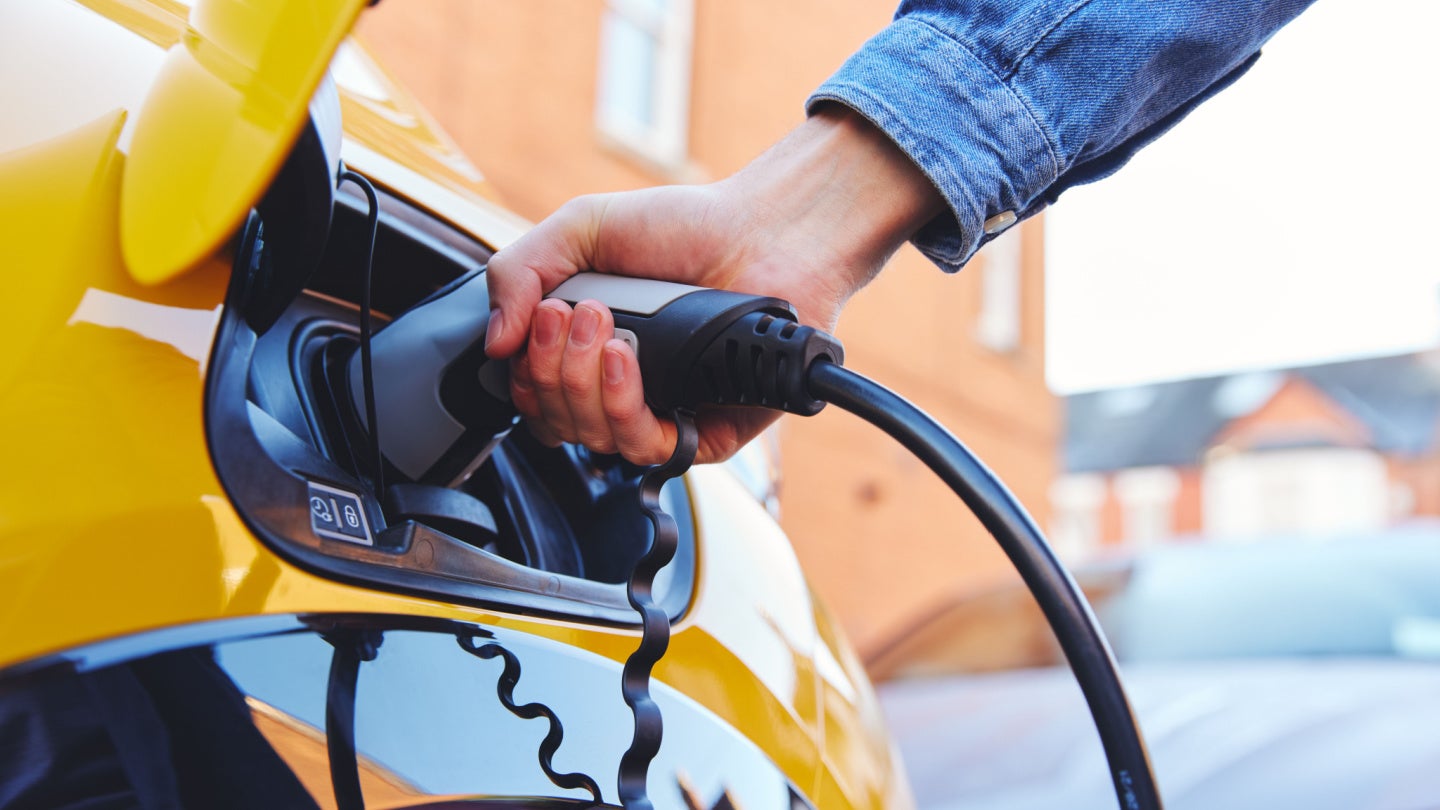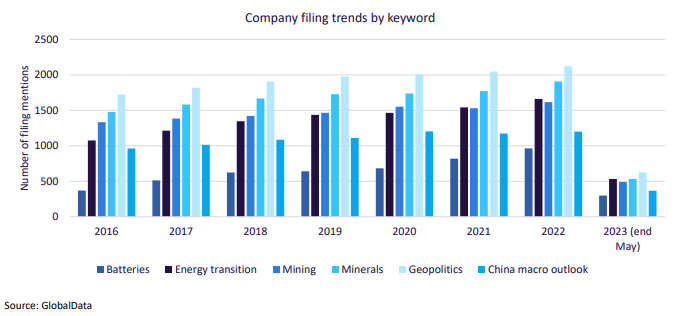
Panasonic Holdings has announced that it will decrease its Japanese production of EV (electric vehicle) batteries after it saw a significant downturn in consumer demand.
The news was announced alongside Panasonic’s financial reporting today (30 October). Panasonic’s overall sales of EV batteries increased 1% to 476bn Yen ($3bn) while the company’s consumer sales of EV batteries decreased in Japan.
The majority of the company’s sales appear to be to US customers, which Panasonic credits to the tax credit available for EVs from the US Inflation Reduction Act. Despite this, Panasonic stated that consumer demand for high-end EVs remains low.
Panasonic also noted that the fixed costs of EV batteries production increased significantly, which could be down to the increasing rarity of the critical minerals needed in EV battery production. South Korea recently announced it was facing a shortage of graphite, used in EV battery anodes, due to updated China import controls.
Outside of rising costs and fickle consumer demand, company filings do not appear to reflect their customer’s downturn in EV interest.

Since 2018, mentions of geopolitics, critical minerals and the transition to green energy have been steadily increasing according to research analyst company GlobalData’s company filings database.
How well do you really know your competitors?
Access the most comprehensive Company Profiles on the market, powered by GlobalData. Save hours of research. Gain competitive edge.

Thank you!
Your download email will arrive shortly
Not ready to buy yet? Download a free sample
We are confident about the unique quality of our Company Profiles. However, we want you to make the most beneficial decision for your business, so we offer a free sample that you can download by submitting the below form
By GlobalDataBetween 2016 and 2022, company mentions of “energy transition” rose 54% whilst mentions of EV batteries tripled.
Several countries, such as Sweden and the UK, have already announced plans to ban all petrol and diesel vehicles by 2030. As such legislation edges closer, more governments worldwide will be expected to phase out combustion-powered vehicles.
In the movement towards lower CO2 emissions, GlobalData states that battery powered EVs are the most important and effective “levers” to policymakers.
Production of EV batteries more than doubled in 2021, according to the analyst company, to 4.55 million units globally. This was despite the decline in vehicle purchases during 2020 and 2021 due to the COVID 19 Pandemic.
Whilst consumer demand may have dwindled for the time being, GlobalData still forecasts that EV production will hit 24 million units by 2028, accounting for 22% of the total light vehicle market.
Our signals coverage is powered by GlobalData’s Thematic Engine, which tags millions of data items across six alternative datasets — patents, jobs, deals, company filings, social media mentions and news — to themes, sectors and companies. These signals enhance our predictive capabilities, helping us to identify the most disruptive threats across each of the sectors we cover and the companies best placed to succeed.







